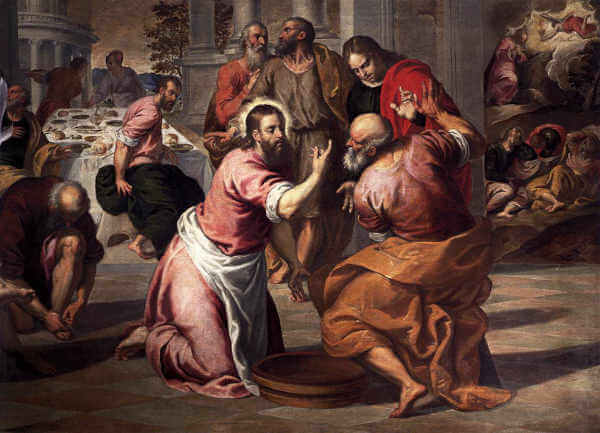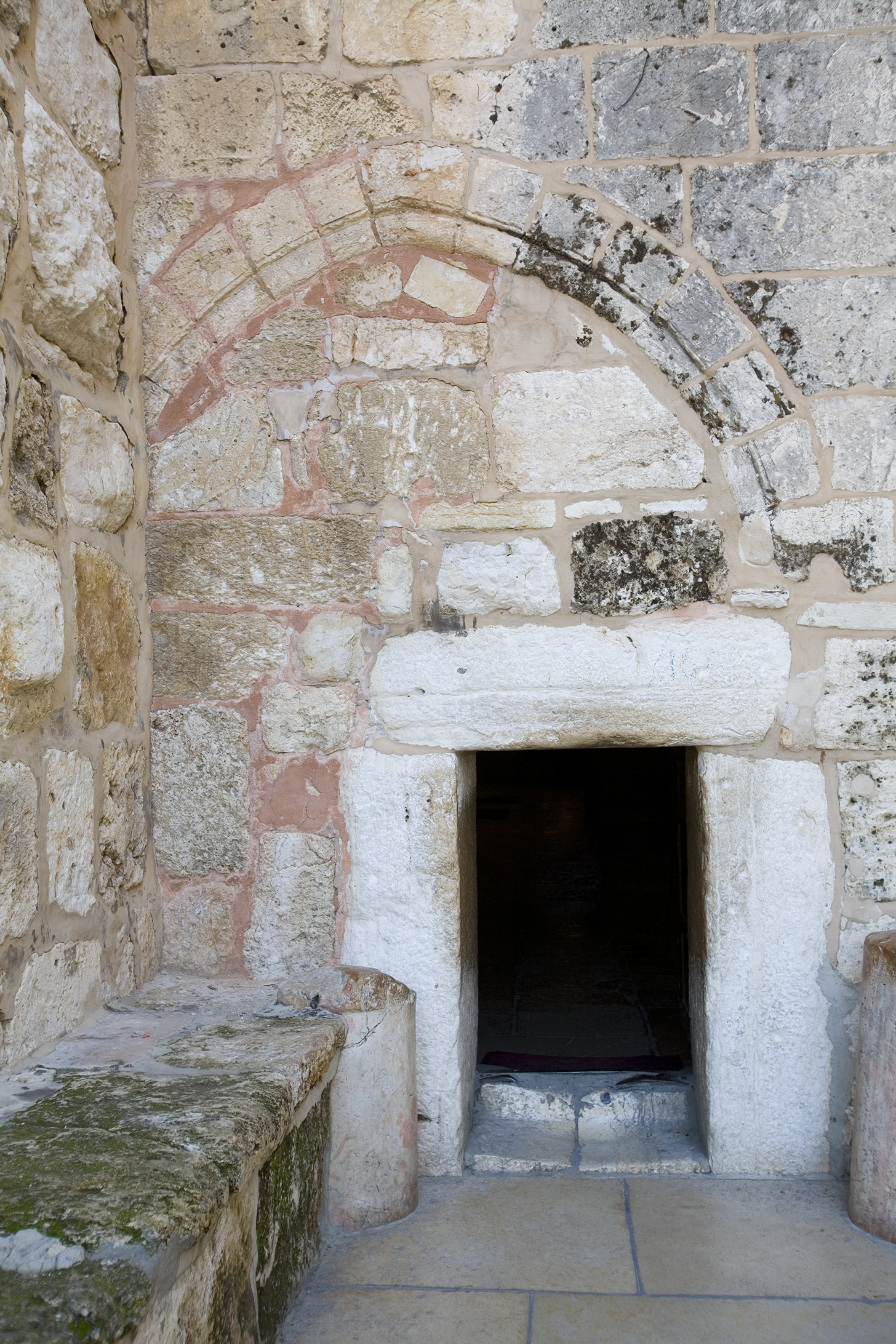Luke emphasizes the need to go beyond just observing the Lord from afar. One must quell any fear or pride that might hold one back from following Christ, in whose footsteps alone can salvation be found.


Luke emphasizes the need to go beyond just observing the Lord from afar. One must quell any fear or pride that might hold one back from following Christ, in whose footsteps alone can salvation be found.

Jesus calls us to break with the convention of the earthly rules of hierarchy and champion humility that embraces all, without exception.

Jesus calls on us to empty ourselves of pride, embrace humility and concede our weakness, for one cannot hope to pass through the narrow gate to the Kingdom of God without doing so.

Our life here on earth must be one that shuns pride and serves our brethren. Only when we let go of the burdens of earthly glory, power and riches will we be able to truly experience authentic freedom.

Presuming upon our own abilities and not relying on Jesus to gain the Kingdom of Heaven will inevitably lead to despair and disappointment. The narrow gate is a reminder that the path to Heaven is a difficult one that can only be trodden through complete reliance on the Son of God.

The cardinal virtues are key moral virtues. “Cardinal” comes from the Latin cardo, which means “hinge.” Thus, the Catechism says, “Four virtues play a pivotal role and accordingly are called ‘cardinal’; all the others are grouped around them.

Pride has been the downfall of many, including Satan and the fallen angels. The saints, in their tenacious struggle for virtue, are apt examples of humility, the ablest weapon against pride.

Sorrow and loss are inevitable elements of human existence. It is in Christ and by the enlightening power of the Holy Spirit that the dross of life is eliminated. In Christ, every obstacle is surmountable.

Jesus brings us the fire that challenges and purifies. He allows chaos that will lead to spiritual order. The burning away of our iniquities is the only and surest way to resembling Christ as children of the Father.

The CCC (No. 1803) explains “A virtue is a habitual and firm disposition to do the good. It allows the person not only to perform good acts, but to give the best of himself. The virtuous person tends toward the good with all his sensory and spiritual powers; he pursues the good and chooses it in concrete actions. ‘The goal of a virtuous life is to become like God’ (St Gregory of Nyssa, De beatitudinibus, 1).”